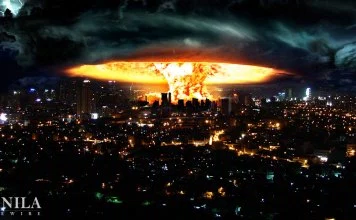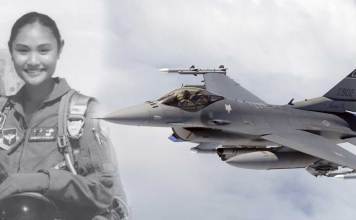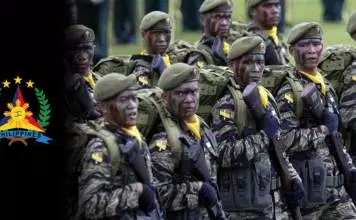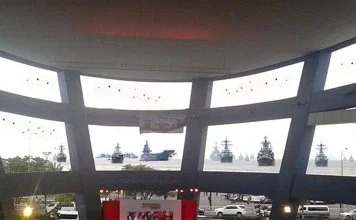
Foreign Affairs Secretary Albert del Rosario on Wednesday revealed that the United States is sending advanced air and naval equipment to the Philippines, which is seeking “substantive support” from its long-time ally amid China’s massive reclamation activities in the West Philippine Sea.
United States Department of Defense secretary Ashton Carter, are already looking at deploying to the Philippines various modern naval equipment, maritime domain equipment, air force equipment and advanced weapons defense equipment. These were outlined by Secretary Carter recently and we welcome this,” Del Rosario said in an interview on ANC.
This announcement by Secretary Carter came after US President Barack Obama recently expressed concern over China’s using its “sheer size and flexing its muscle” to push around smaller nations in the region, particularly the Philippines.
“The first time that it was announced was a few days ago… this is the first time we are hearing about it. We have not engaged in discussion so we will find out more about what these plans involve,” Del Rosario said.
Carter said Asia-Pacific is the defining region in America’s future.
At this time of aggression’s by others a big brother is here to protect and we will never leave our little brother (the Philippines) our long-time and key ally in this region.
He said the US would deploy its most advanced technology, including its newest air and naval assets.
“And given the region’s growing missile threat, we are forward deploying two additional Aegis missile defense-equipped ships,” he said.
“We’re also working on deploying our new weapons “the railgun, which uses electromagnetic forces rather than high explosives to fire rounds at much higher speeds, lower cost and with greater effectiveness. And our new space, electronic warfare, and other advanced capabilities, including some surprising ones,” he said.
These also includes high-end capabilities such as a new, long-range stealth bomber and a new, long-range anti-ship cruise and investments in areas like rapid runway repair, he said in a speech on Monday at the Arizona State University.
But while the rebalance to the region has a military component it also has an economic component, he said.
The Asia-Pacific region is experiencing economic growth and the United States must have access to those markets, Carter said.
In particular he mentioned the Trans-Pacific Partnership, a proposed free trade deal between the US, Canada and 10 countries in the Asia-Pacific region, expected to increase US exports by $125 billion in the next decade.
“In terms of our rebalance in the broadest sense, passing TPP is as important to me as another aircraft carrier,” he said.
“Some people would have you believe that China will displace America in the Asia-Pacific or that its economic growth will somehow squeeze out opportunities,” he said.
“But I reject the zero-sum thinking that China’s gain is our loss because there is another scenario in which everyone wins, and it is a continuation of the decades of peace and stability anchored by a strong American role, in which all Asia-Pacific countries continue to rise and prosper. This is the scenario we seek in the ongoing rebalance.”
Many observers are concerned about the scope of China’s military modernization efforts, its actions in cyberspace and Chinese behavior in the East and South China Seas, the secretary said.
“These are concerns we raise with our Chinese counterparts on a regular basis,” he said.




